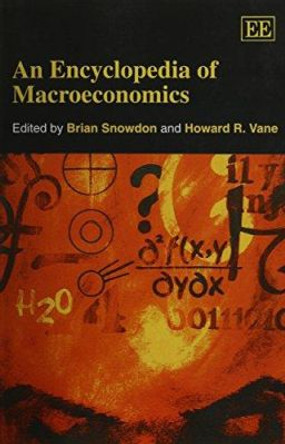Description
More than just a collection of factual entries, this rich resource explores the difference between scientific and pseudoscientific pursuits in a way that spurs readers to ask questions and formulate answers.
What makes science science? How do we tell which assertions, beliefs, and methods are scientifically sound, and which are not? Brian Regal's authoritative, entertaining new reference, Pseudoscience: A Critical Encyclopedia gets at the heart of these questions by helping readers understand how the scientific method works, how to critically analyze all kinds of "evidence," and how to sort through long-running myths and current pseudoscience controversies.
Ranging from the dawn of history to the present and across world cultures, Pseudoscience uses a field of endless fascination as a means of driving home the importance of solid scientific reasoning. The encyclopedia spans the full spectrum of scientific and nonscientific pursuits, from chemistry, biology, psychology, and medicine to eugenics, religion, cryptozoology, the occult, and paranormal activities. Specific entries focus on general concepts of science, the lives of individuals, and claims of abilities. Throughout, these entries go beyond simply stating facts by constantly engaging readers in a discussion about the very nature of true scientific discovery.
- 124 entries, from alchemy and alien abductions to yetis and zombies, that continually focus readers on the true nature of legitimate scientific methods and findings
- An introductory essay, drawing on the work of genuine historians and philosophers of science, offering guidelines for assessing topics in pseudoscience
- 40 original line drawings created specifically for this reference, depicting key individuals, creatures, artifacts, and more
- An extensive bibliography of current and classic works on the full range of pseudoscience topics covered in this volume
- An index that makes it easy to locate specific topics, terms, names, and ideas
Turning metals into gold. Reading head bumps for personality clues. Finding water in the ground with a stick. At some point, all of these were considered legitimate scientific practices. But efforts to pass similar activities off as genuinely scientific are by no means confined to a less enlightened age. From homeopathy to UFO hunting to Creationism, the practice of stamping unscientific activities with the imprimatur of science is alive and well today.
About the Author
Brian Regal is assistant professor of the history of science at Kean University, Union, NJ.
Reviews
"This book is designed to get general readers and students in the middle grades and up thinking about the difference between scientific and pseudoscientific pursuits, whether the term 'pseudoscience' explains anything, and whether the various topics explored here, from acupuncture to zombies, are worthy of the name pseudoscience." - SciTech Book News
"This work successfully provides an objective view of pseudoscience topics. . . It is recommended for upper-level school libraries and public libraries." - ARBAonline
"Regal has compiled an interesting survey of pseudoscience. His introduction on the definition of pseudoscience and its social and philosophical implications is a very good way to start to think about pseudoscience and how to detect it. . . . Public libraries as well as academic libraries with popular-culture or history of science courses should consider acquiring this title." - Booklist
Book Information
ISBN 9780313355073
Author Brian Regal
Format Hardback
Page Count 191
Imprint Greenwood Press
Publisher Bloomsbury Publishing Plc







